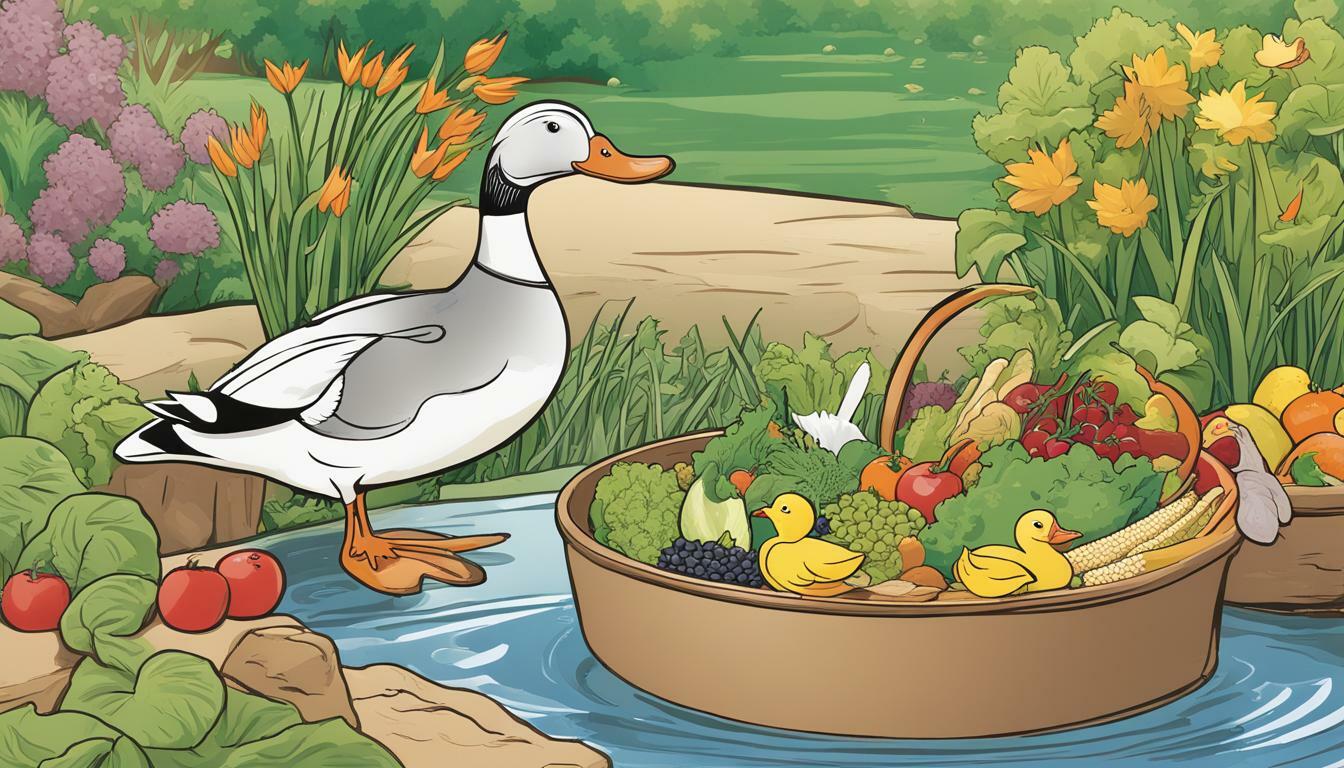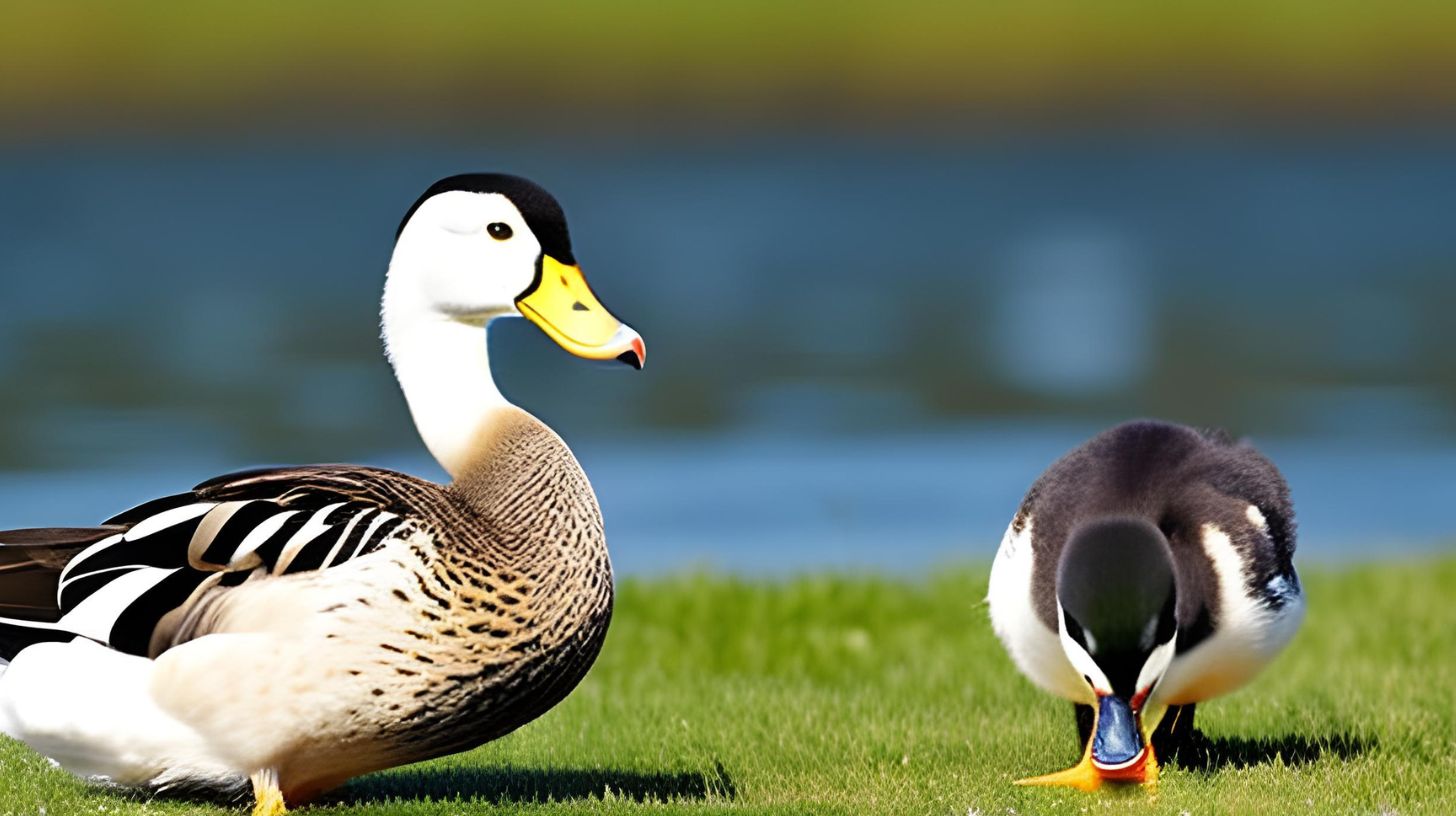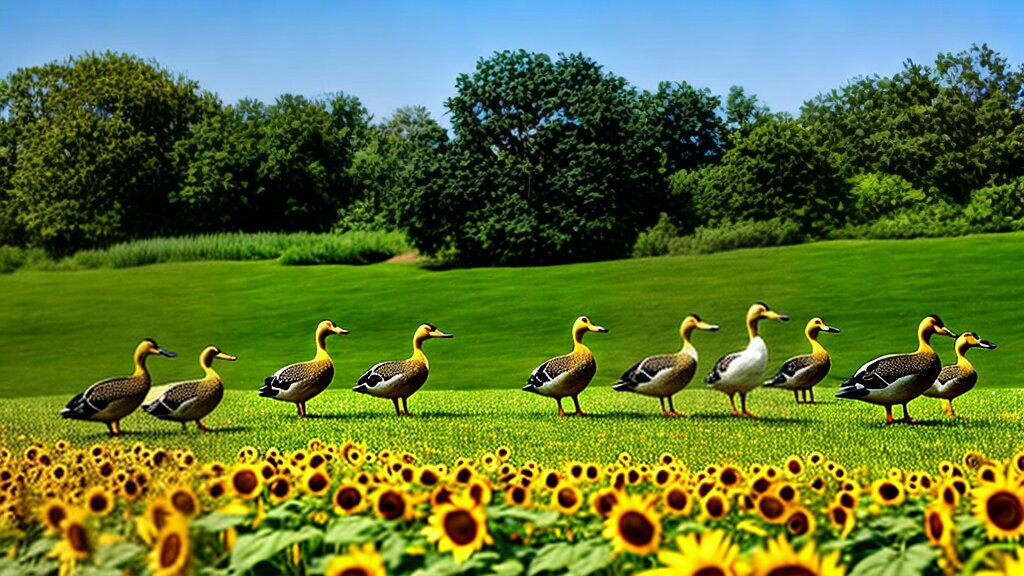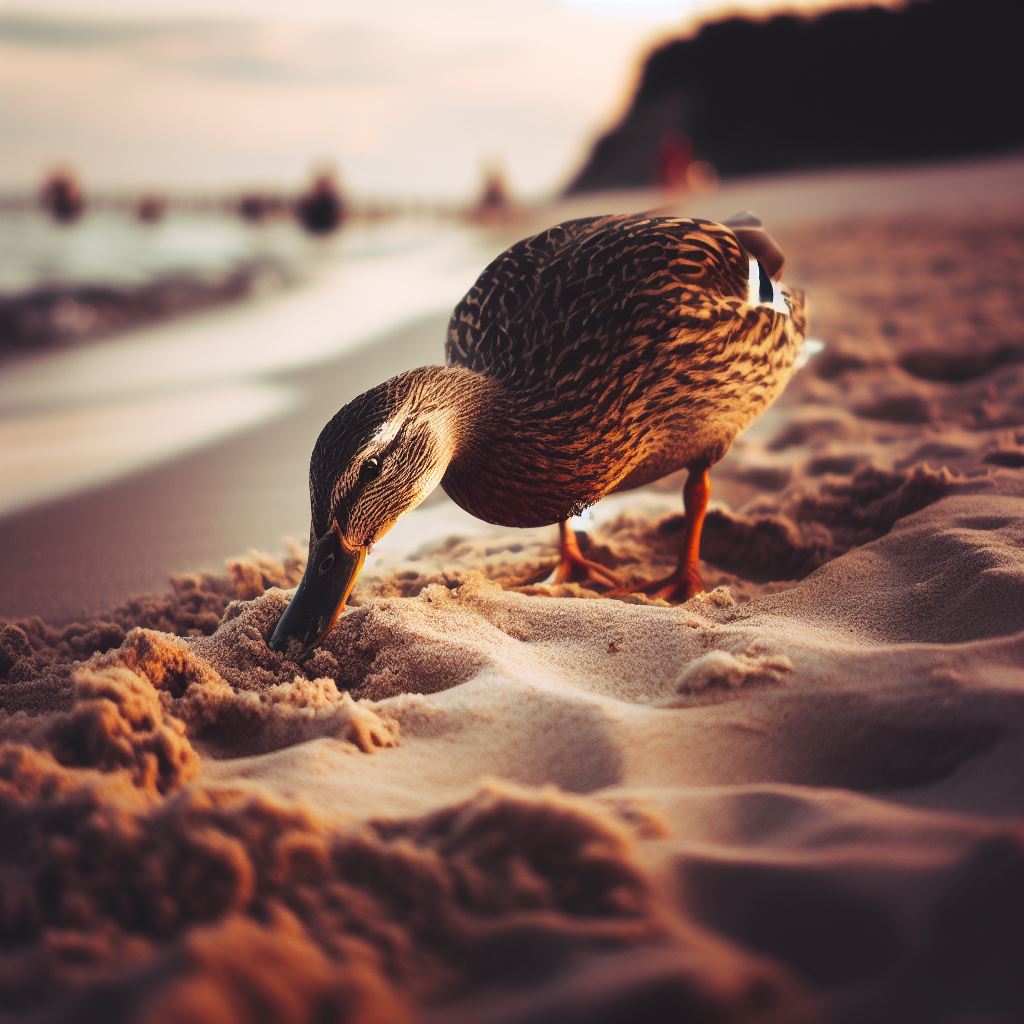What Can I Feed Ducks? Guide to a Healthy Duck Diet

Table of content:
Ducks are fun, friendly birds that frequent parks, ponds, and lakes. Feeding ducks can be an enjoyable activity, especially for children. However, not all human foods are safe or healthy for ducks. Feeding ducks inappropriate foods can make them ill or malnourished.
This guide provides complete information on what you can and cannot feed ducks. It covers nutritional requirements, healthy food options, and how to feed ducks responsibly.
What Do Ducks Eat in the Wild?
Ducks are omnivores, meaning they eat both plant and animal matter. Their natural diet consists of:
- Aquatic plants and algae
- Seeds, grains, and vegetation
- Insects, small fish, tadpoles, and crustaceans
A duck’s nutritional needs consist of:
- Protein – for muscle development and egg-laying
- Carbohydrates – for energy
- Fats and fatty acids – for temperature regulation and vitamin absorption
- Vitamins and minerals – for immune function and enzymatic processes
In the wild, ducks have a varied diet that provides complete nutrition. Their natural foods contain the right balance of proteins, fats, vitamins, and minerals.
Dangers of Feeding Ducks Bread
Bread is one of the worst foods to feed ducks! Ducks cannot digest bread properly due to the lack of nutrients.
Problems caused by bread:
- Malnutrition – Bread lacks proper protein, vitamins, and minerals. Feeding only bread can lead to deficiency diseases.
- Angel Wing – A deformity caused by rapid growth. The wing bones become warped by poor nutrition.
- Obesity – Bread is full of simple carbohydrates with little nutritional value. This can cause excessive fat gain.
- Moldy Bread – Moldy, rotten bread contains toxins that can poison ducks.
- Intestinal Obstruction – Undigested bread can clog up a duck’s digestive tract.
Despite being convenient for us, bread should be avoided when feeding ducks. There are many healthier alternatives.
Healthy Foods You Can Feed Ducks
Though their nutritional needs are complex, there are plenty of people’s foods that make healthy duck treats.
Grains
Seeds and grains provide excellent nutrition for ducks. They are high in protein, carbohydrates, and B vitamins.
Good grains to feed ducks include:
- Oats – Great source of fiber and carbohydrates. Choose plain oats, not flavored oatmeal.
- Wheat, barley, or mixed birdseed – High in nutrition. Look for a duck or waterfowl blend.
- Corn, peas, lentils – Provide protein, carbohydrates, and minerals.
- Rice – Brown rice is higher in nutrients than white rice.
- Quinoa – A nutritious seed that is a good source of protein.
Sprinkle grain on the ground or water. Avoid large amounts at once.
Vegetables & Fruits
Fresh produce provides natural sources of vitamins, minerals, and phytonutrients. Chop into small pieces for ducklings. Good options include:
- Lettuce/greens – Romaine, spring mix. Remove any wilted parts.
- Kale/spinach – Rich in vitamins and minerals. Very healthy!
- Sweet potatoes/squash – Chop into little pieces, and cook lightly.
- Berries – Strawberries, blueberries, raspberries. Mash for young ducks.
- Melons – Cantaloupe, watermelon. Remove the rind and chop the fruit.
- Apples/grapes – Dice into tiny bits. Avoid choking hazards.
- Bananas – High in potassium. Mash thoroughly for ducklings.
Fruits and veggies provide natural sources of carbohydrates, vitamins, antioxidants, and phytonutrients. Feed a variety for well-rounded nutrition.
Proteins
Ducks need protein for muscle growth and egg production. Healthy proteins include:
- Mealworms – Excellent source of protein. Buy dried mealworms and rehydrate before feeding.
- Chopped hard boiled eggs – Remove the shell, and dice the egg into tiny pieces.
- Earthworms – High in protein and minerals. Collect from the soil, and rinse well.
- Crickets – Whole or chopped. Rinse purchased crickets before feeding.
- Shrimp, mussels, or clams – Cook thoroughly, dice into small bits.
- Frozen peas – Defrost before feeding, and mash for young ducks.
- Oats – Also provide protein in addition to carbohydrates.
Avoid feeding ducks meat, chicken, turkey, lunch meat, or hot dogs. These are difficult to digest and too high in fat.
Commercial Duck Food
For easy feeding, you can purchase formulated waterfowl feed from pet stores or farm supply shops. Look for:
- Duck feed – Pellets or crumble formula made for ducks.
- Chick starter feed – Fine protein and nutrient profile for ducklings.
- Mazuri Waterfowl Diet – Balanced nutrition in pellet form.
- Purina Flock Raiser – Crumbled feed for ducks and geese.
Follow package directions for proper amounts to feed. Provide fresh water for drinking.
Feeding Ducks Responsibly
When feeding ducks, follow these tips for their health and safety:
- Feed in small amounts – Don’t dump piles of food. This can lead to overeating and aggression between ducks.
- Toss food in the water – This reduces fighting and allows ducks to forage naturally.
- Avoid feeding daily – Offer treats occasionally, but not every day. Ducks will become too reliant on handouts.
- Never feed near roads – Lead ducks back to the water to reduce road accidents.
- Don’t enter private property – Don’t trespass to get near ducks. Move on if asked.
- Offer healthy foods – Avoid junk food. Ducks’ natural diet is best.
- Watch for signs of illness – Sick ducks appear lethargic, skinny, or injured. Avoid contact if observed.
- Never grab or touch wild ducks – This stresses the birds and can transfer diseases. Keep a safe distance.
- Follow local ordinances – Some areas prohibit feeding ducks and geese. Know the laws.
Feeding ducks can be a fun activity if done safely, legally, and in moderation. With healthy foods and smart practices, we can support duck health while avoiding harm.
Final Thoughts
Ducks make fun additions to any park or pond. While feeding them can be enjoyable, forethought is required to keep ducks healthy. Avoid junk foods like bread, which lack nutrition and can cause harm. Instead, offer wholesome foods like grains, produce, seeds, and duck feed. Feed only small amounts infrequently. Following these tips will let you safely enjoy interactions with ducks while supporting their natural wild diet. Do your part to keep community ducks healthy and happy.
Welcome. I’m Adreena Shanum, the proud owner of this website, and I am incredibly passionate about animals, especially poultry. I founded adreenapets.com as a labor of love, stemming from my desire to share my knowledge and experiences with poultry enthusiasts worldwide.




